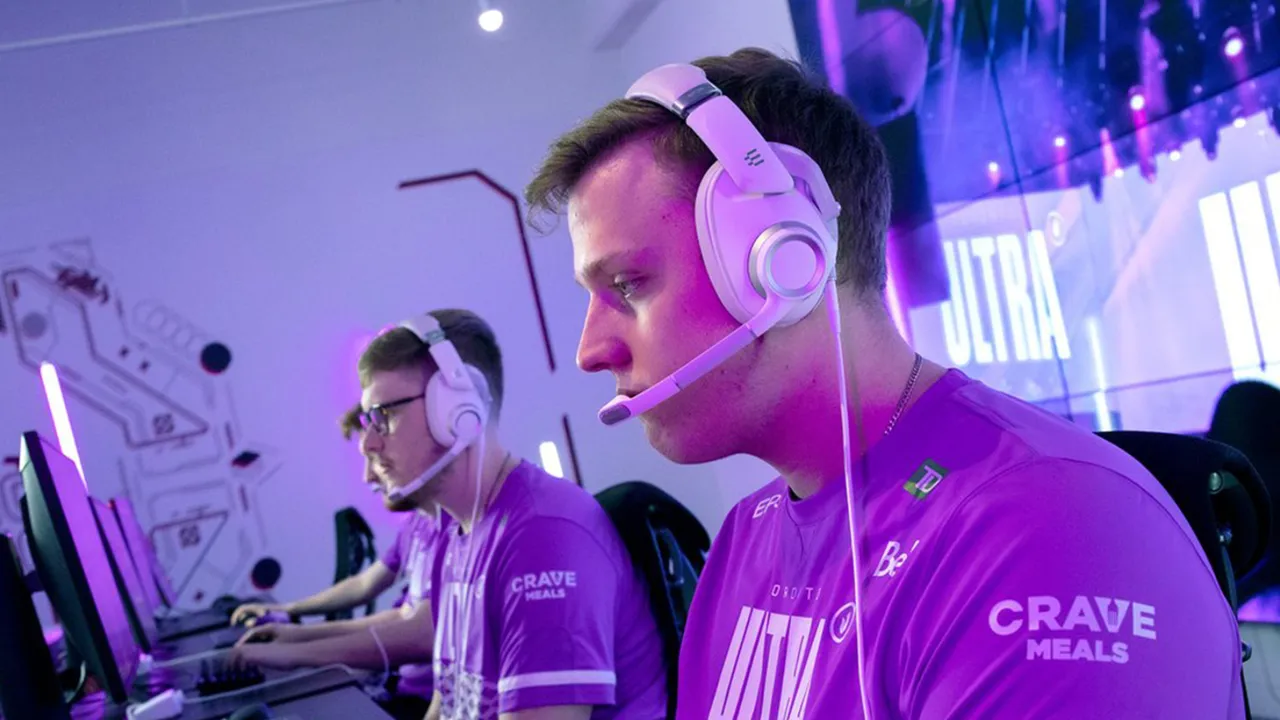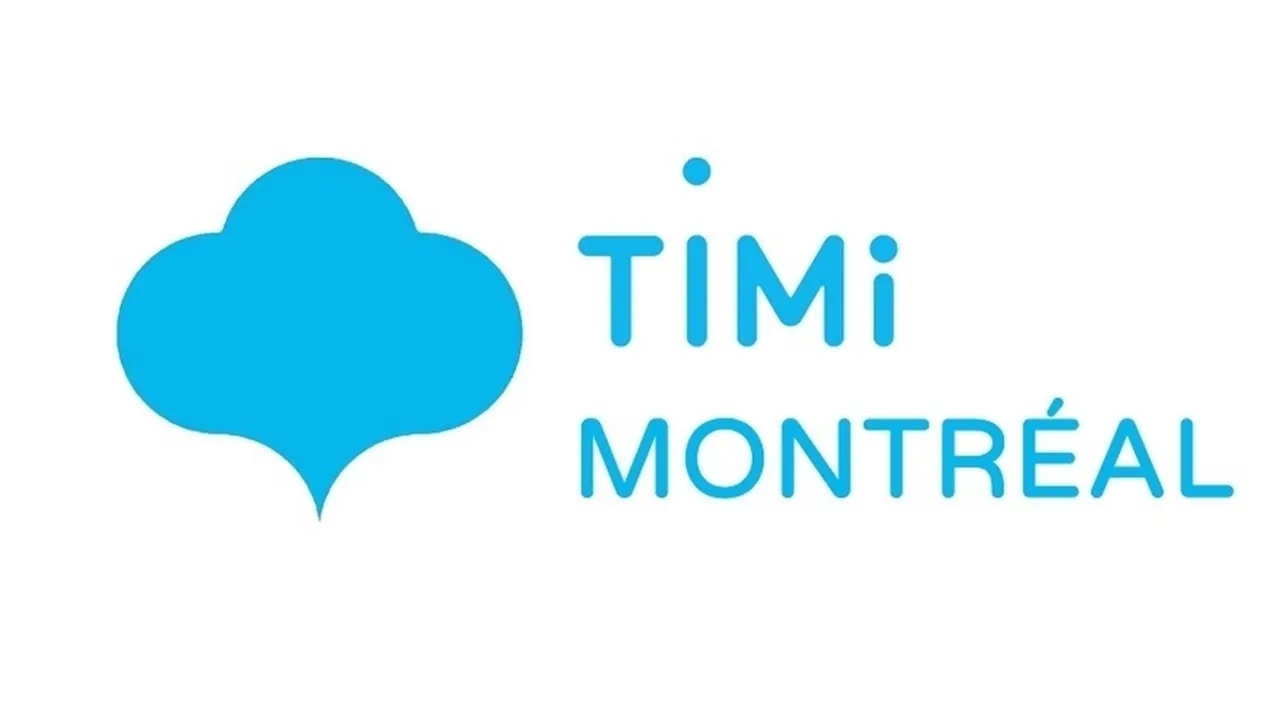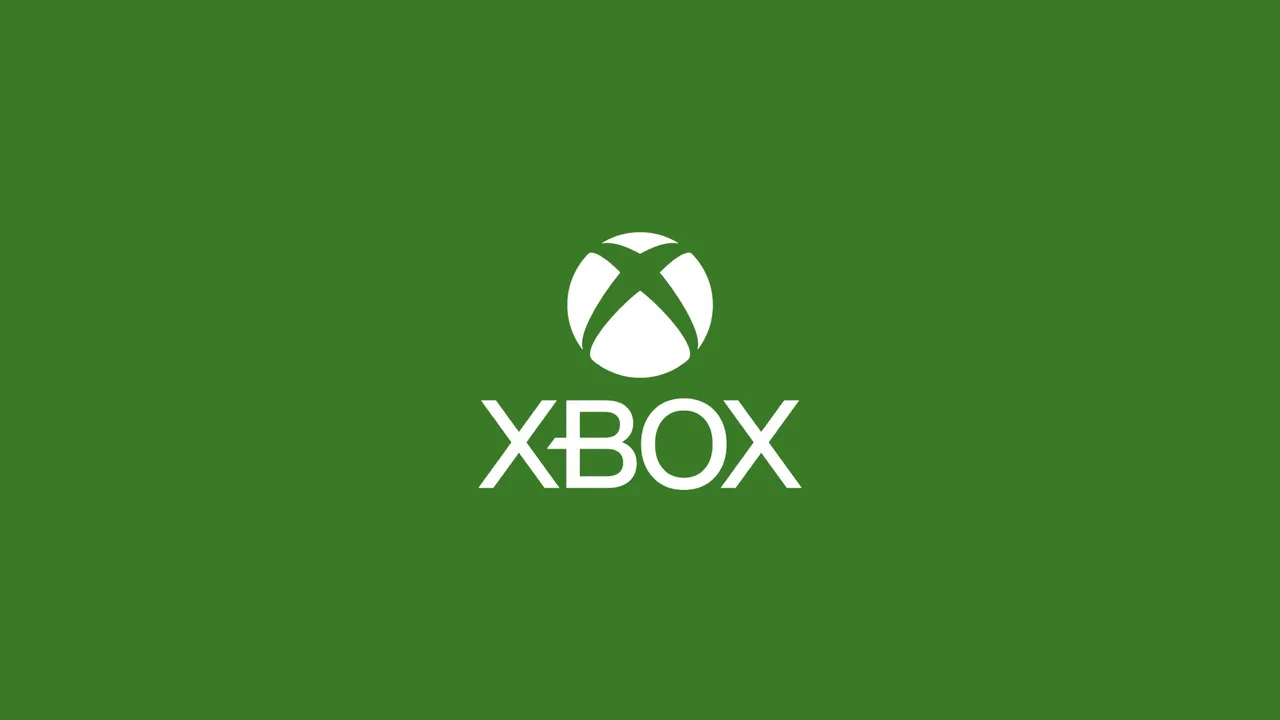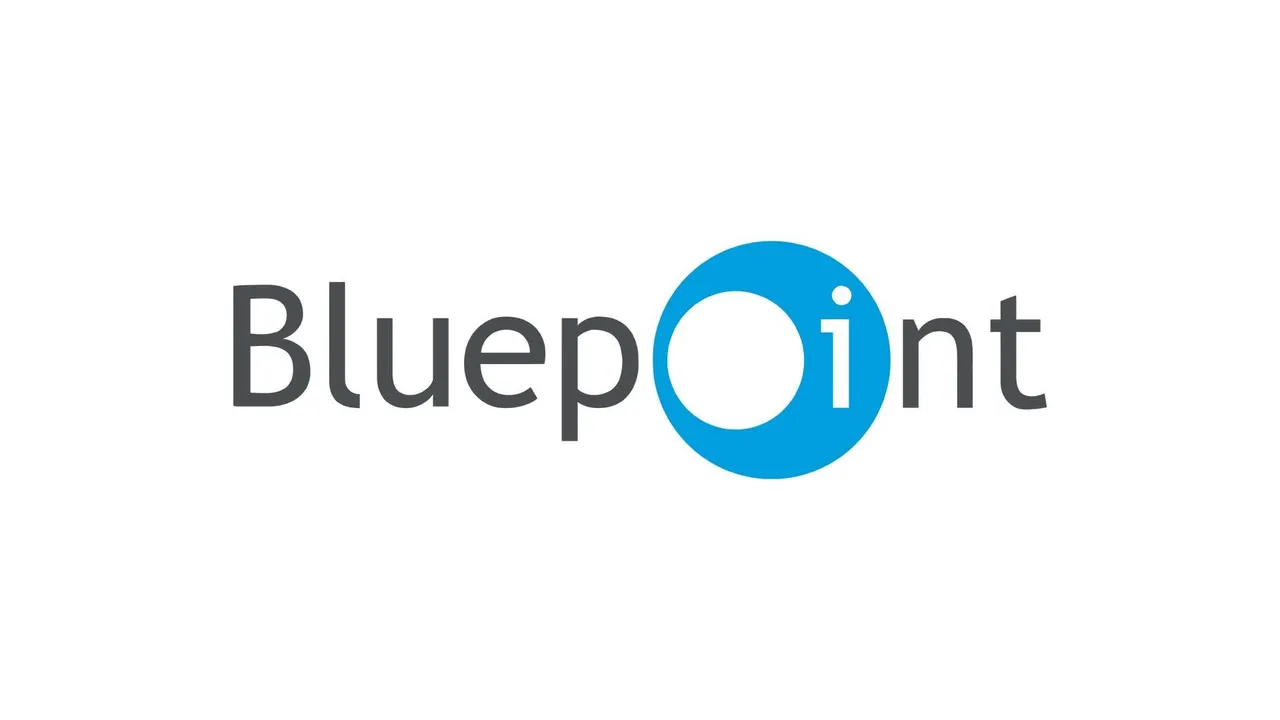OverActive Media loses $3.6M in Q1 2022
by Adam Fitch ·
Updated

OverActive Media, a Canadian esports holding company, has reported its financial performance for the first quarter of 2022.
Brass tacks: The company recently revealed that it made a net loss of $15.4M in 2021.
- The company increased its revenue for the first quarter of 2022 to $1.6M ($2.1M CAD), crediting sponsorship revenues as the primary factor for the growth. OAM also noted that it expects to receive revenue shares from leagues in the second half of the year.
- It posted a net loss of -$3.6M (-$4.6M CAD) and an adjusted EBITDA (earnings before interest, taxes, depreciation, and amortization) of -$1.6M (-$2.1M CAD). For the same period in 2021, it made a net loss of -$3M (-$3.8M CAD) and posted an adjusted EBITDA of -$1.9M (-$2.4M CAD).
- OverActive Media listed its deals with blockchain company Zilliqa and outerwear brand Nobis, as well as its entry into Riot Games' VALORANT, as its operational highlights for the quarter.
- “We’ve created one of the most predictable and sustainable business models and continue to focus our efforts on generating high-quality, long-term assets with recurring revenue streams," said OverActive Media CEO Chris Overholt.
Recommended reading → How esports organizations performed financially in 2021

MAD Lions
The portfolio: The Canadian company is betting big on franchised competitions, taking an approach that's somewhat comparable to major traditional sports.
- OverActive Media owns franchise slots in Activision Blizzard esports leagues Call of Duty League and Overwatch League, as well as Riot Games' European LEC competition. It also operates events through OAM Live.
- The company received permission to build a 7,000-seat venue in Toronto, Canada from the local city council in December 2021.
- In 2021, the company generated $11.3M ($14.2M CAD) in total revenue and made a net loss of $15.4M ($19.4M CAD). It attributed the increase in net loss year-on-year as being partially due to having to make franchise payments, whereas it received forgiveness and deferrals in 2020 due to the global health situation.
Featured Jobs
More Jobs
Partnerships Manager
 1v1Me
1v1Me
🌎
Remote (USA)
Operations Manager
 1v1Me
1v1Me
🌎
Remote (USA)
Game Operations Associate (Esports)
 1v1Me
1v1Me
🌎
Remote (USA)
Account Manager - Influencer Marketing
 Aftershock Media Group
Aftershock Media Group
🌎
Remote (Anywhere)
Environment Artist (Star Wars Jedi)
 Respawn Entertainment
Respawn Entertainment
🇺🇸
Los Angeles, CA, USA
+ 6 more
Creative Director & Social Media Manager
 Acend Club
Acend Club
🌎
Remote (Europe)
Latest News
More News
-
 Blizzard announces new mobile spin-off Overwatch Rush
Blizzard announces new mobile spin-off Overwatch Rush -
 The Simpsons Hit & Run developer Radical Entertainment returns as New Radical Games
The Simpsons Hit & Run developer Radical Entertainment returns as New Radical Games -
 Marathon cheaters will be banned permanently, Bungie warns
Marathon cheaters will be banned permanently, Bungie warns -
 Nier creator Yoko Taro is writing a new Neon Genesis Evangelion series
Nier creator Yoko Taro is writing a new Neon Genesis Evangelion series -
 Tencent reportedly shuts down TiMi Montreal studio
Tencent reportedly shuts down TiMi Montreal studio -
 Microsoft AI lead Asha Sharma becomes CEO of Xbox following Sarah Bond exit and Phil Spencer retirement
Microsoft AI lead Asha Sharma becomes CEO of Xbox following Sarah Bond exit and Phil Spencer retirement -
 Ubisoft confirms multiple Far Cry and Assassin's Creed games in development
Ubisoft confirms multiple Far Cry and Assassin's Creed games in development -
 XCOM creator Jake Solomon's Midsummer Studios shuts down
XCOM creator Jake Solomon's Midsummer Studios shuts down -
 Pokémon FireRed and LeafGreen are coming to Nintendo Switch alongside a new Pokémon Presents
Pokémon FireRed and LeafGreen are coming to Nintendo Switch alongside a new Pokémon Presents -
 Ubisoft announces layoffs at Splinter Cell remake studio, but the game has not been cancelled
Ubisoft announces layoffs at Splinter Cell remake studio, but the game has not been cancelled -
 Demon's Souls remake developer Bluepoint is shutting down, Sony confirms
Demon's Souls remake developer Bluepoint is shutting down, Sony confirms -
 Nintendo shadow drops Xenoblade Chronicles X: Definitive Edition Switch 2 upgrade
Nintendo shadow drops Xenoblade Chronicles X: Definitive Edition Switch 2 upgrade